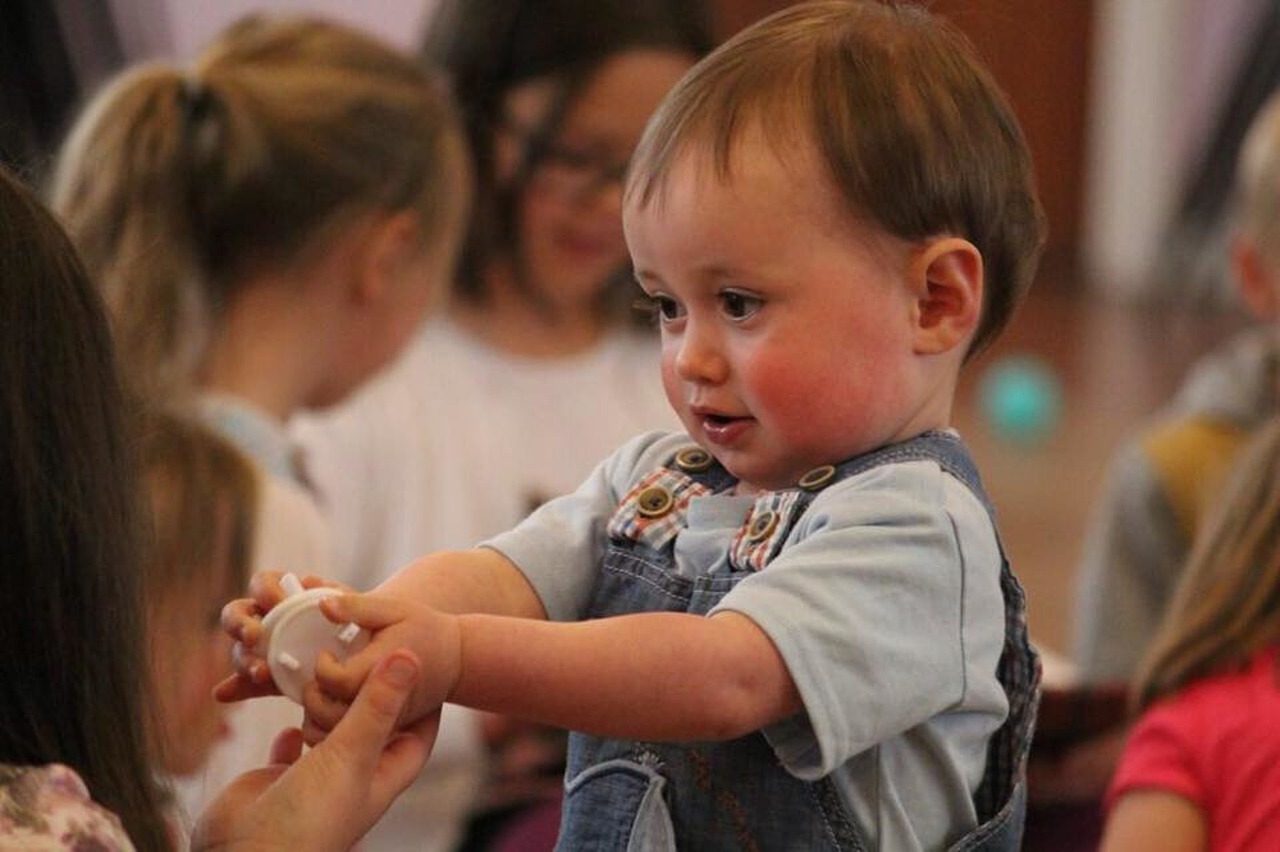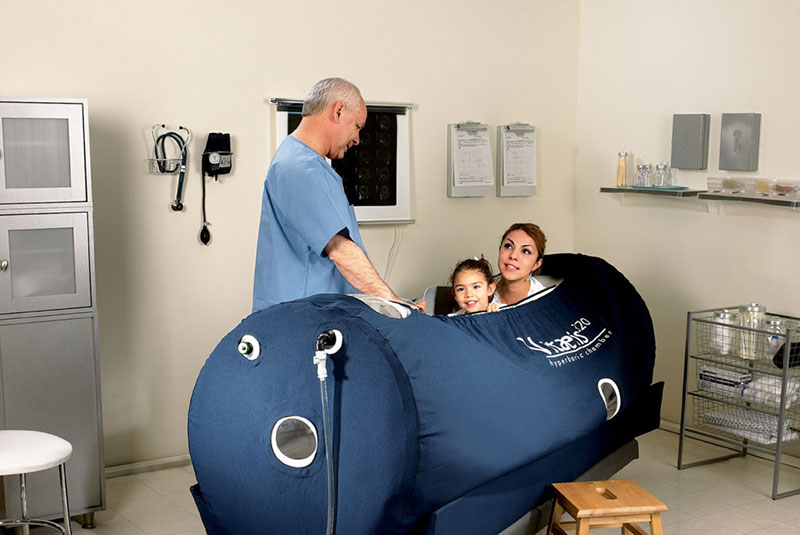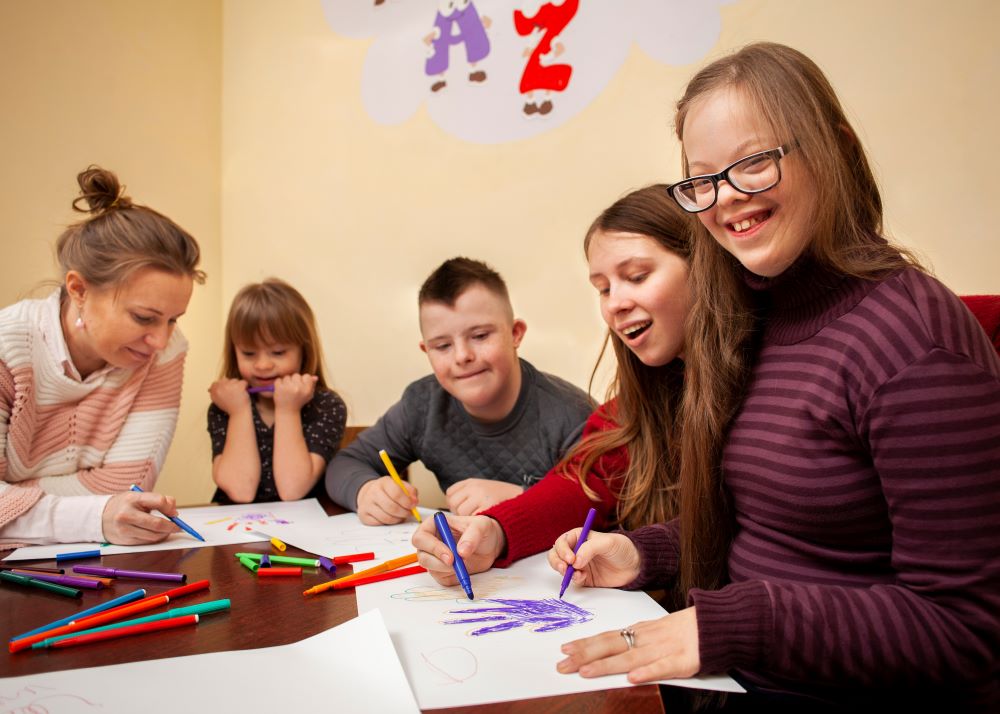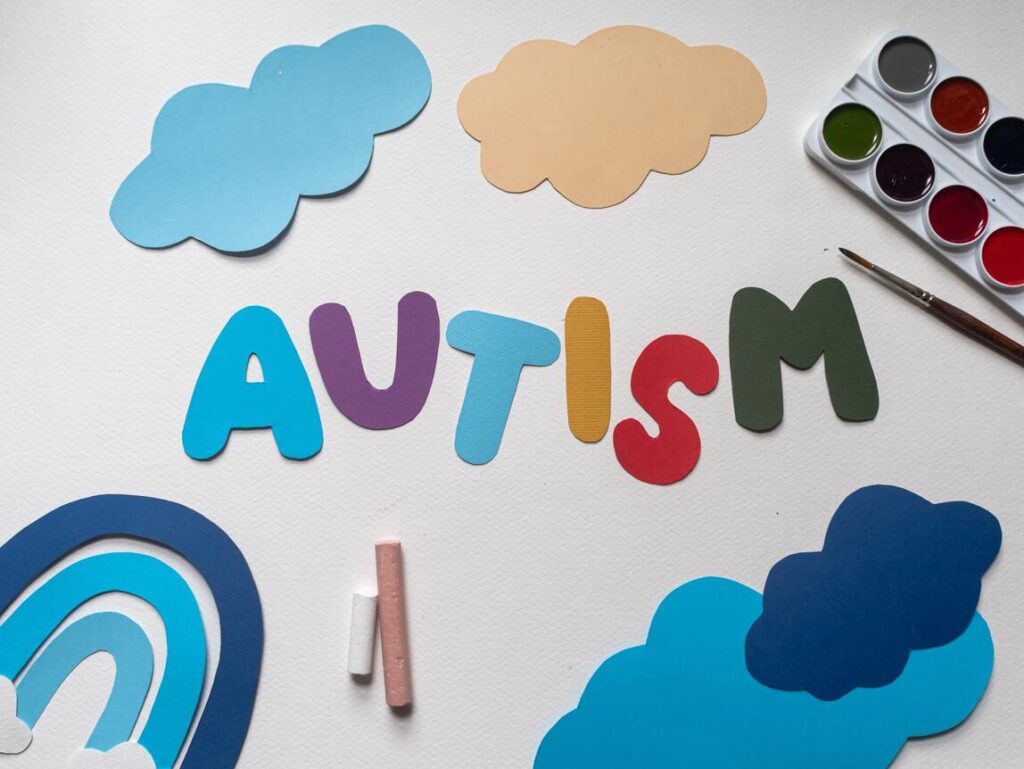Young autistic children may find difficult to adapt to regular social activities like other normal children particularly at their school, where there is an increased risk of being oppressed by other students. But there are certain autistic children who have their own strategies to deal with the autistic spectrum and manage the situation better. This makes it difficult for teachers to differentiate those children and also to find the anxiety levels in young autistic children. When these children try to appear normal, that activity requires a lot of energy and results in a sudden outburst of anger and rage. This abnormal behavior affects both the family and social life of the autistic children.
A study has observed that autistic children exhibit a high level of anxiety. As per the note from the Autistic Center of Excellence and the lead author Professor Deb Keen, this symptom of anxiety usually occurs in the early stage of a child affected by autism. The age of the autistic child will contribute to the factor of severity and the type of anxiety throughout their lifespan.
Apart from that, research has been done on anxiety and autism in children within the age of eight in order to get a clear view about the problem. The anxiety procedures are meant for older kids and for non-autistic individuals.
According to the article “Anxiety related symptomatology in young children on the autism spectrum”, recently published in a journal named Autism, the range and frequency of symptoms of anxiety was inspected in 95 children aged between 5 and 6 years, with the help of an autism-specific measure for anxiety. This study made use of the data, which was gathered through the LASA (Longitudinal Study of Australian Students with Autism). Parents of certain autistic children, who were residing in Australia, were involved in LASA during the year 2015.
After completely analyzing the gathered data, this study observed that about 54% of the autistic children who participated in the study within the age of 5 to 6 years exhibited high anxiety levels. Children with better communication skills showed more performance anxiety, on the other hand the children with less skills of socialization experienced a high degree of anxious stimulation. Among those, the most dominant symptoms are associated with uncertainty.
Additionally, the lead Professor of Autistic Center of Excellence also said that it was vital to improve the basic understanding and knowledge of anxiety-related symptomatology in the early stage of children in order to assist in detecting early intervention methods, which are focused at preventing anxiety disorders at a later stage of the children.
The Bottom Line:
Still, further research is required to correctly recognize the early intervention procedures and also to decide whether those interventions can guard against anxiety disorder levels at the later stage of the child’s development, and adulthood. As a whole, preventing the symptoms and development of anxiety at the earlier stage is a better option to control anxiety levels in young autistic children.



